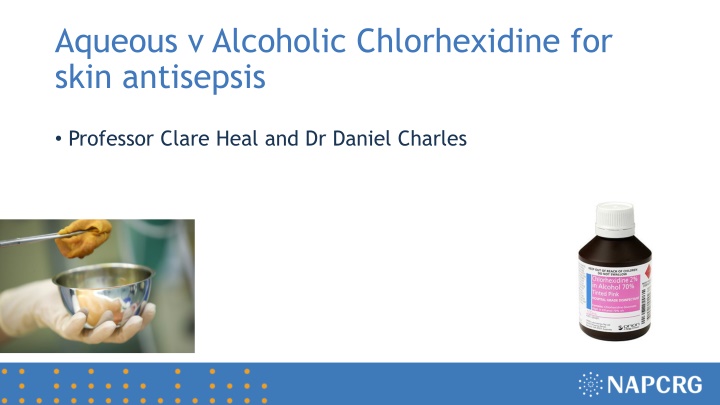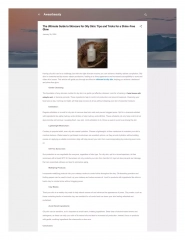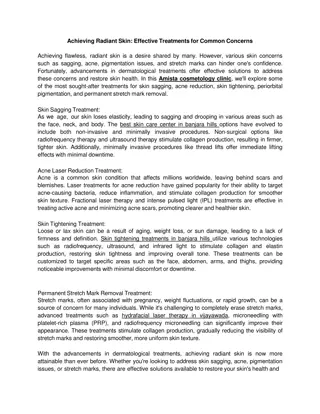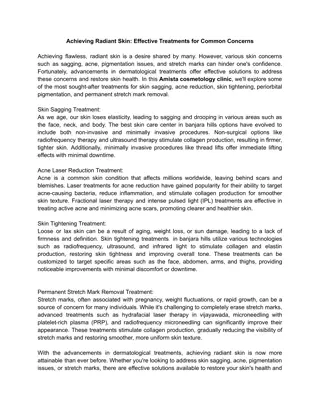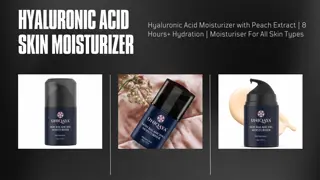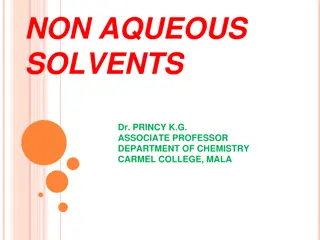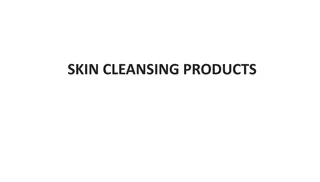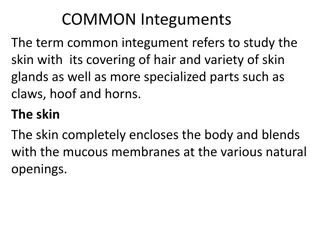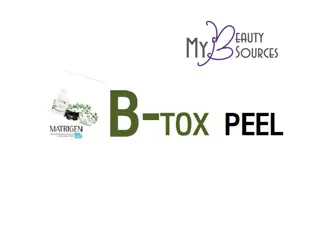Comparison of Alcoholic vs Aqueous Chlorhexidine for Skin Antisepsis
Study comparing the efficacy of alcoholic vs aqueous chlorhexidine for preventing surgical site infections after minor skin excisions in general practice. Results show no significant difference in infection rates, indicating that aqueous chlorhexidine can be safely used with certain advantages.
Download Presentation

Please find below an Image/Link to download the presentation.
The content on the website is provided AS IS for your information and personal use only. It may not be sold, licensed, or shared on other websites without obtaining consent from the author.If you encounter any issues during the download, it is possible that the publisher has removed the file from their server.
You are allowed to download the files provided on this website for personal or commercial use, subject to the condition that they are used lawfully. All files are the property of their respective owners.
The content on the website is provided AS IS for your information and personal use only. It may not be sold, licensed, or shared on other websites without obtaining consent from the author.
E N D
Presentation Transcript
Aqueous v Alcoholic Chlorhexidine for skin antisepsis Professor Clare Heal and Dr Daniel Charles
The Research Question Is the use of alcoholic chlorhexidine for skin antisepsis superior to aqueous chlorhexidine in preventing SSI after minor skin excisions in general practice?
Research Design and Method 4 general practices in North Queensland, Australia Prospective multicentre randomised controlled trial Consecutive patients minor skin excisions Intervention: 0.5% CHG in 70% alcohol Control: 0.5% CHG aqueous solution
What the Research Found Overall incidence infection 6.3% (57/909) 5.8% (26/451)(95%CI 3.4-7.6) alcoholic 6.8% (31/458) (95%CI 4.2-9.1) aqueous No significant difference in SSI p= 0.652 Absolute risk difference -0.9% [-0.021 to +0.039] NNT 112
What this means for Clinical Practice GPs can safely use aqueous chlorhexidine for skin antisepsis Aqueous has some advantages over alcoholic chlorhexidine Lower risk of: Mucosal irritation Dissolving surgical pen markings Operating room fires!
